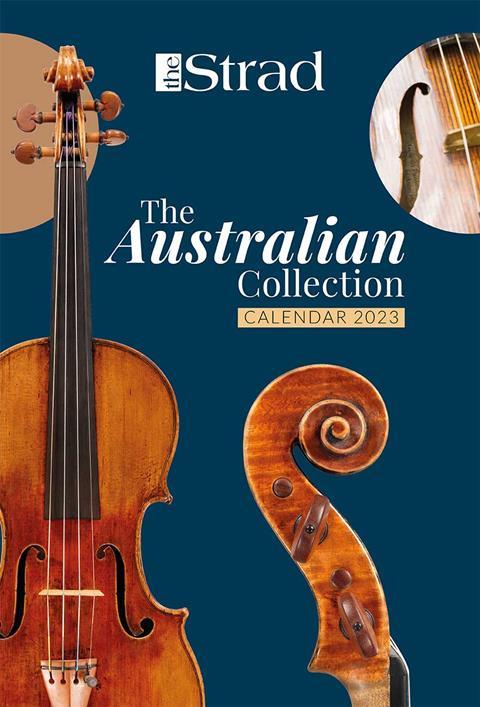The baroque violinist shared her musical insights in our May 2012 issue

Discover more Featured Stories like this in The Strad Playing Hub
This was first published in the May 2012 issue of The Strad
Engage with the what and why of how you play. Many things influence your decision making, for example the history, form and performance-practice issues of the repertoire, the venue and the audience, but it’s liberating to understand how these factors inform rather than restrict your performance.
Music is social. Look at the score and understand how it’s constructed. Use that knowledge to create imaginative relationships between the parts. Who is leading, and why? What is your role at any given point? Try not to have a set idea of your function in a piece. Instead, develop it the way you would a conversation.
Involve the audience in your performance. They create the third part of a triangle between the music and the performers and make the whole experience come alive.
Believe that you’re worth listening to and that you have something to say. As the legendary violinist Emanuel Hurwitz once said to me, ‘Try to sound more expensive!’
If a rehearsal seems to be losing its way and you can’t agree how to play, let go of any complex suggestions, stop talking and just play the music.
Be flexible. Musicians today need to have many strands to their work. Be an entrepreneur, try out different ways of making music and never be surprised by other people’s suggestions.
This was first published in the May 2012 issue of The Strad
Read: Historically informed performance: Baroque revolution
Read: Pietro Castrucci: Resurrecting a Baroque maverick
Read: Long read: Playing Baroque and Classica l
Discover more Featured Stories like this in The Strad Playing Hub
This was first published in the May 2012 issue of The Strad
The number one source for playing and teaching books, guides, CDs, calendars and back issues of the magazine.
In The Best of Technique you’ll discover the top playing tips of the world’s leading string players and teachers. It’s packed full of exercises for students, plus examples from the standard repertoire to show you how to integrate the technique into your playing.
The Strad’s Masterclass series brings together the finest string players with some of the greatest string works ever written. Always one of our most popular sections, Masterclass has been an invaluable aid to aspiring soloists, chamber musicians and string teachers since the 1990s.
This year’s calendar celebrates the top instruments played by members of the Australian Chamber Orchestra, Melbourne Symphony, Australian String Quartet and some of the country’s greatest soloists.













































No comments yet